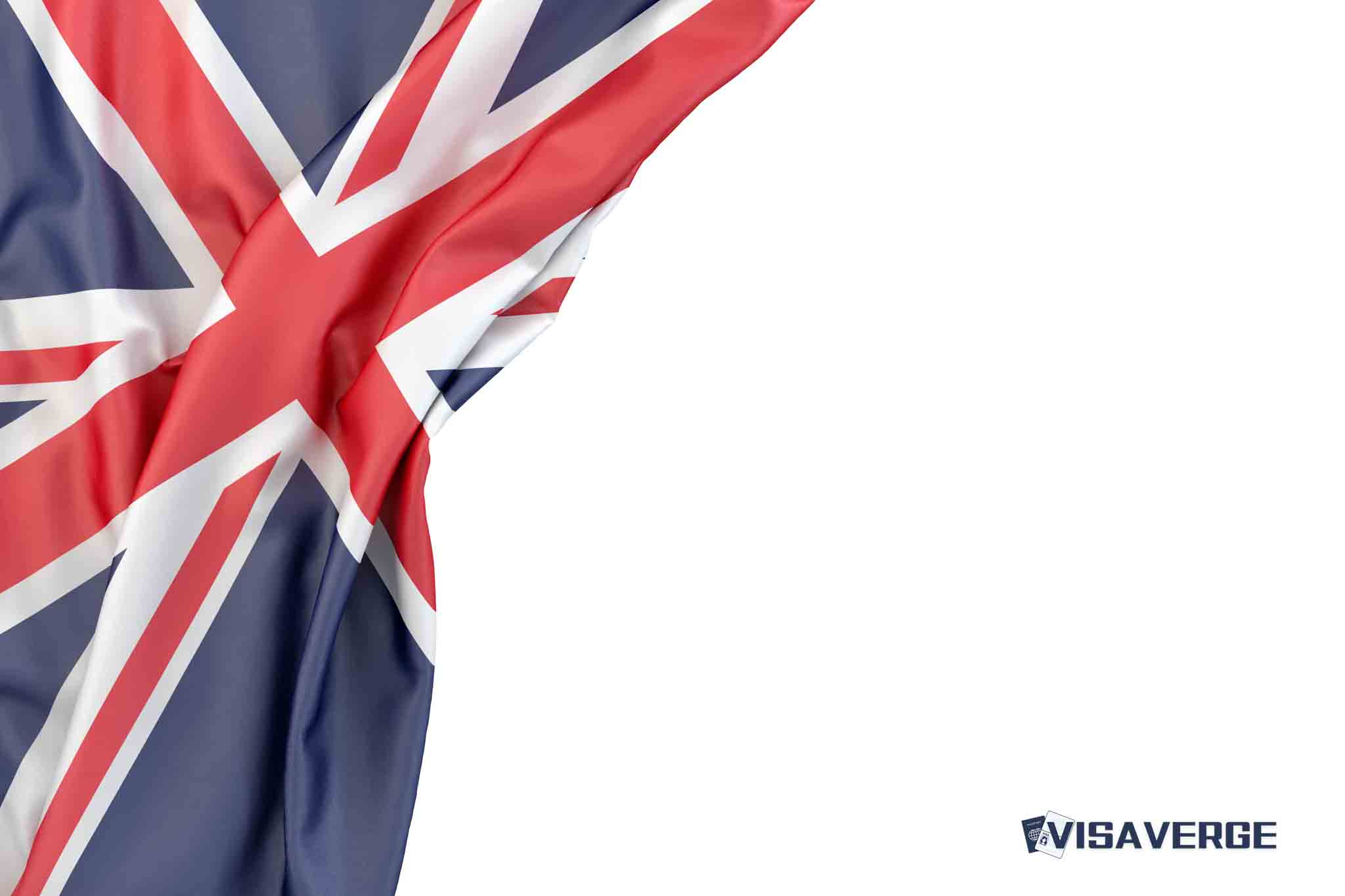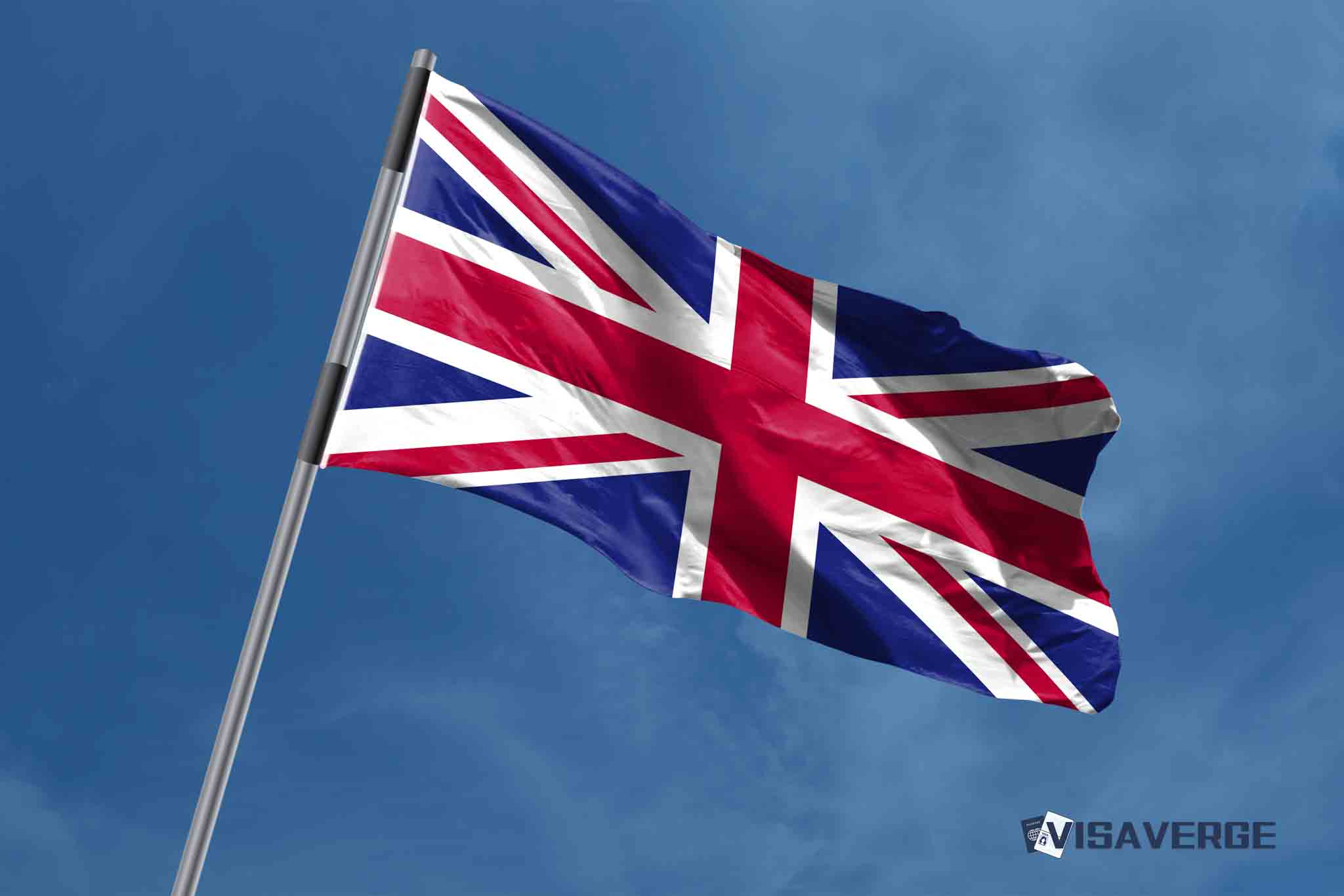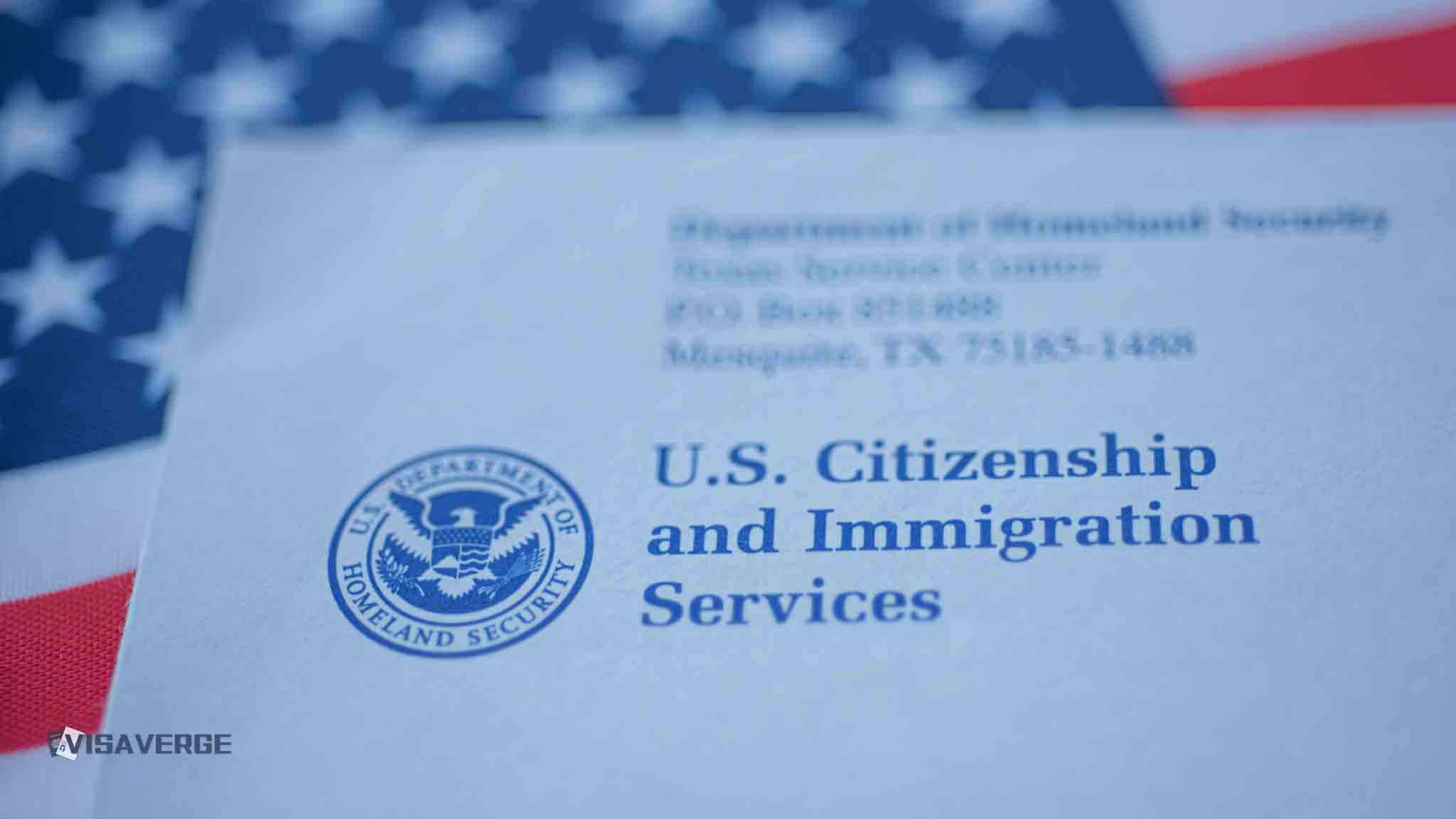Understanding Consumer Rights Post-Brexit: Navigating the New Landscape
The conclusion of Brexit has ushered in a new era for the United Kingdom, with various ramifications across multiple domains, including consumer rights and protections. This shift has left many individuals and businesses uncertain about the current state of UK consumer law and their entitlements in this altered market landscape.
How Brexit Has Impacted Consumer Protections
In the wake of the UK’s departure from the European Union, several adjustments have been made to consumer protection laws. As an expert in the intersection between immigration and consumer rights, it’s essential to highlight that while most EU laws have been integrated into UK legislation, the possibility of future divergence exists.
One of the primary concerns surrounding the Brexit impact on consumer protections is the potential misalignment with EU standards as UK laws evolve independently. Here are key areas to watch:
- Online Shopping and Digital Rights: With cross-border e-commerce being a routine part of life, UK consumers purchasing from EU-based companies may no longer be protected by EU consumer laws.
- Product Safety and Compliance: The UK will establish its own standards for product safety, which could differ from those upheld in the EU.
Navigating Changes in UK Consumer Law after Brexit
For individuals residing in or moving to the UK, understanding the UK consumer law changes after Brexit is crucial for protecting their interests when engaging in transactions. This is particularly relevant for those who may not have citizenship status and thus are sorting through layers of new regulations. Following are some salient points to consider:
- Warranties and Guarantees: Be vigilant about the terms of warranties and guarantees, which may not be as robust as under prior EU regulations.
- Redress and Dispute Resolution: The mechanisms for resolving disputes with EU-based companies have changed, possibly making it more challenging to seek redress.
It’s noteworthy to mention that despite Brexit, the UK government has aimed to maintain high consumer protection standards. Keep in mind, however, consumer rights post-Brexit are subject to change as UK legislation evolves independently from EU regulations.
Protecting Your Consumer Rights in Post-Brexit Britain
- Stay informed about the latest developments in UK consumer protection laws by visiting official resources such as the UK Government website.
- Always review terms and conditions before purchasing products or services, especially from vendors outside the UK.
- Retain documentation such as receipts, warranties, and email correspondence for all transactions.
Conclusion: An Evolving Scenario
In conclusion, while the fundamentals of UK consumer protections remain robust, it is vital to recognize the evolving nature of these rights in a post-Brexit context. As an expert in immigration, I advise individuals, particularly those new to the UK or involved in cross-border affairs, to maintain a proactive stance in understanding their consumer rights and the avenues available to uphold them.
For ongoing updates on consumer rights and legal changes, keeping a close eye on official channels and legal advisories is indispensable. Despite the complexities, by remaining informed and vigilant, consumers can continue to navigate the post-Brexit marketplace with confidence.
Expert Insights
Did You Know?
- Immigration and economic growth: Numerous studies have shown that immigration has a positive impact on the economy. For instance, a study by the National Bureau of Economic Research found that immigration increases overall economic output per capita in the long run.
- Cultural contributions: Immigrants have made significant cultural contributions to their adopted countries. For example, did you know that 46% of Nobel Prize winners in the United States since 2000 have been immigrants or their children?
-
The brain drain phenomenon: While immigration can benefit receiving countries, it can also have a negative impact on the countries migrants leave behind. The brain drain phenomenon refers to the migration of highly skilled individuals from developing countries to developed countries, leading to a loss of human capital in the source countries.
-
Refugee resettlement: According to the United Nations High Commissioner for Refugees, the majority of refugees are hosted by developing countries rather than wealthy nations. In fact, around 85% of the world’s refugees are hosted by low or middle-income countries.
-
Economic remittances: Immigrants often contribute to their home countries through remittances, which are financial transfers sent back to their families or communities. In 2020, it was estimated that remittances to low and middle-income countries reached a record high of $540 billion.
-
Language diversity: Immigration contributes to linguistic diversity. There are currently around 7,000 languages spoken in the world, representing the rich cultural heritage brought by different immigrant communities.
-
Economic sectors dependent on immigrants: Immigrants play a crucial role in specific sectors of the economy, such as agriculture, hospitality, and healthcare. For example, in the United States, immigrants make up a significant portion of the agricultural labor force.
-
Forced displacement crisis: Currently, there are over 82 million forcibly displaced people worldwide, including refugees, asylum seekers, and internally displaced persons. This is the highest number on record, highlighting the urgent need for global cooperation and action.
-
Immigration and entrepreneurship: Immigrants are more likely to start businesses compared to native-born individuals. In the United States, immigrants represent 27.5% of all entrepreneurs and have founded successful companies like Google, eBay, and Tesla.
-
Diaspora engagement: Immigrant communities often maintain strong connections with their countries of origin, leading to diaspora engagement. Diaspora communities contribute to their home countries through investments, philanthropy, and knowledge sharing.
By exploring these lesser-known facts about immigration, we can gain a deeper understanding of the multifaceted impact that immigration has on societies, economies, and cultural landscapes.
Learn today
Glossary or Definitions
- Brexit: The withdrawal of the United Kingdom from the European Union.
- Consumer Protections: Laws and regulations designed to safeguard the rights and interests of consumers in transactions with businesses.
- Consumer Protection Laws: Legal frameworks that provide safeguards for consumers in various areas such as product safety, warranties, guarantees, and dispute resolution.
- EU: The European Union, a political and economic union of 27 member countries located in Europe.
- EU Consumer Laws: Laws and regulations established by the European Union to protect the rights of consumers within its member countries.
- Divergence: The process of becoming distinct or different, in this context, it refers to the potential future differences between UK consumer protection laws and EU consumer laws.
- Cross-border E-commerce: The online buying and selling of goods and services across different countries.
- Product Safety: Standards and regulations that aim to ensure the safety of products sold in the market, protecting consumers from potential harm.
- Compliance: The adherence to rules, regulations, and standards set by authorities or organizations.
- Warranties: Promises made by sellers or manufacturers to repair or replace products that are found to be defective within a specific time frame.
- Guarantees: Assurances given by sellers or manufacturers that a product will meet specified quality or performance standards.
- Redress: The action of seeking compensation or resolving a dispute.
- Dispute Resolution: Processes and mechanisms used to settle conflicts or disagreements between consumers and businesses.
- Citizenship Status: The legal relationship between an individual and a country, determining their rights, protections, and entitlements within that country.
- UK Legislation: Laws and regulations enacted by the UK government.
- Consumer Rights: Entitlements and protections afforded to consumers, including the right to safe products, fair treatment, accurate information, and redress for disputes.
- UK Government Website: The official online platform of the UK government, providing information, resources, and services to citizens and residents.
- Terms and Conditions: The contractual agreement that outlines the rights, responsibilities, and obligations of both buyers and sellers in a transaction.
- Receipts: Written proof of payment or a record of a transaction.
- Documentation: Written or recorded evidence, such as receipts, warranties, or email correspondence, that can be used to support claims or resolve disputes in consumer transactions.
And that’s a wrap on understanding consumer rights post-Brexit! It’s been a wild ride, but don’t fret, my tech-savvy friend. Whether you’re an expat looking to protect your interests or just curious about the changes, there’s always more to explore. So go ahead, hop on over to visaverge.com and dive into the nitty-gritty details! Trust me, you won’t be disappointed.
FAQ’s to know:
FAQ 1: How has Brexit impacted consumer protections in the UK?
The conclusion of Brexit has led to adjustments in consumer protection laws in the UK. While most EU laws have been incorporated into UK legislation, there is a possibility of future divergence. This raises concerns about potential misalignment with EU standards and the loss of EU consumer law protection for UK consumers purchasing from EU-based companies. Additionally, the UK will establish its own product safety standards, which could differ from those upheld in the EU.
FAQ 2: What should individuals know about navigating changes in UK consumer law after Brexit?
To protect their interests when engaging in transactions in the UK, individuals should be aware of changes in consumer law after Brexit. It is important to pay attention to the terms of warranties and guarantees, which may not be as robust as under prior EU regulations. Mechanisms for resolving disputes with EU-based companies have also changed, potentially making it more challenging to seek redress. It is crucial to stay informed about these changes as UK legislation evolves independently from EU regulations.
FAQ 3: How can I protect my consumer rights in post-Brexit Britain?
To safeguard your consumer rights in post-Brexit Britain, there are several key steps you can take. First, stay informed about the latest developments in UK consumer protection laws by visiting official resources such as the UK Government website. Second, carefully review the terms and conditions before making purchases, especially from vendors outside the UK. Finally, retain important documentation such as receipts, warranties, and email correspondence for all transactions to support any potential claims or disputes. By remaining proactive and informed, you can navigate the post-Brexit marketplace with confidence.
What did you learn? Answer below to know:
- True or False: After Brexit, UK consumers who purchase goods from EU-based companies are no longer protected by EU consumer laws.
- What is one potential concern regarding the impact of Brexit on consumer protections in the UK?
a) Reduced product safety standards
b) Increased warranties and guarantees
c) Easier redress and dispute resolution mechanisms
d) Alignment with EU standards - What is a suggested action for individuals residing in or moving to the UK to protect their consumer rights post-Brexit?
a) Ignore changes in UK consumer law
b) Rely solely on warranties and guarantees
c) Stay informed about the latest developments in UK consumer protection laws
d) Disregard terms and conditions before making purchases.














